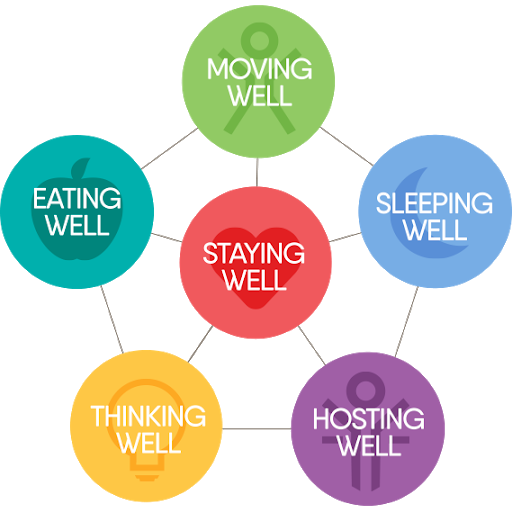1. It may be helpful to view your first year of sobriety as a “Transition Time.” What is required in your first year will not be required forever. Anyone can adjust to having to do something for one year and major life change requires time. Keeping things in perspective will help.
2. Be diligent in implementing daily practices such as: prayer, devotion, and writing a gratitude list.

3. Honor your body and all it has gone through by taking extra special care of it now. The practice of treating our body well is an act of self-love which creates positive feelings about our worth and value.
4. Exercise, exercise, exercise. Do it. No excuses. Make yourself do it. Get a friend to do activities with you. Help others by mowing their lawn, raking leaves, shoveling snow, etc.
5. Watch what you are fueling your body with because it will impact your sobriety. It is common to crave sweets but try to limit your intake because it activates the same neuro pathways in your brain. Eat healthy fruits and vegetables so your body can repair. Try to limit caffeine as it also affects the brain.

6. Develop your spirituality: spend time in nature; evaluate what you have learned about God in the past. Investigate scripture for yourself. Learn, read, ask questions, try out things like going to church, praying, asking others about their spirituality. Keep a journal. Write down your questions and record what you learn.
7. Put problems into perspective. Think in relation to eternity. Don’t require immediate solutions or decisions. Give yourself time to think about how you want to do things differently now that you are sober.
8. Change negative self-talk. Think about what you are consistently telling yourself and if it is fear-based or negative, practice halting those thoughts and giving them to God. Ask God to help you change.
9. Choose what you want to think and believe. Write down affirmations and practice saying them consistently for at least one month. Recognize the power of the brain. What we think determines how we act and how we act determines how we see ourselves. Practice acting the way you want to feel until you can feel the way you are acting.
10. Create a “Care Team” that may consist of your physician, therapist, psychiatrist, significant other, sponsor, and sober friends. Ask for help and allow others into your life.

11. Writing/Journaling: keeping a daily journal so later you can go back and see the major changes you’ve made in your thinking and living. When angry, write a letter. Write it as if you are going to send the letter but don’t actually send it.
12. Learn new things. Do something you’ve never done. Come up with a bucket list of things you have never tried or never experienced sober. Do at least one of those items on the list each week.
13. When you don’t feel like doing something, DO IT ANYWAY!
14. Add music or art to your life. Research shows how significantly music impacts your mind. Choose to incorporate music into your life on a regular basis.
15. Love others. Smile, compliment others, show joy, eliminate complaining, write thank you notes, be grateful, tell others about your gratitude.




